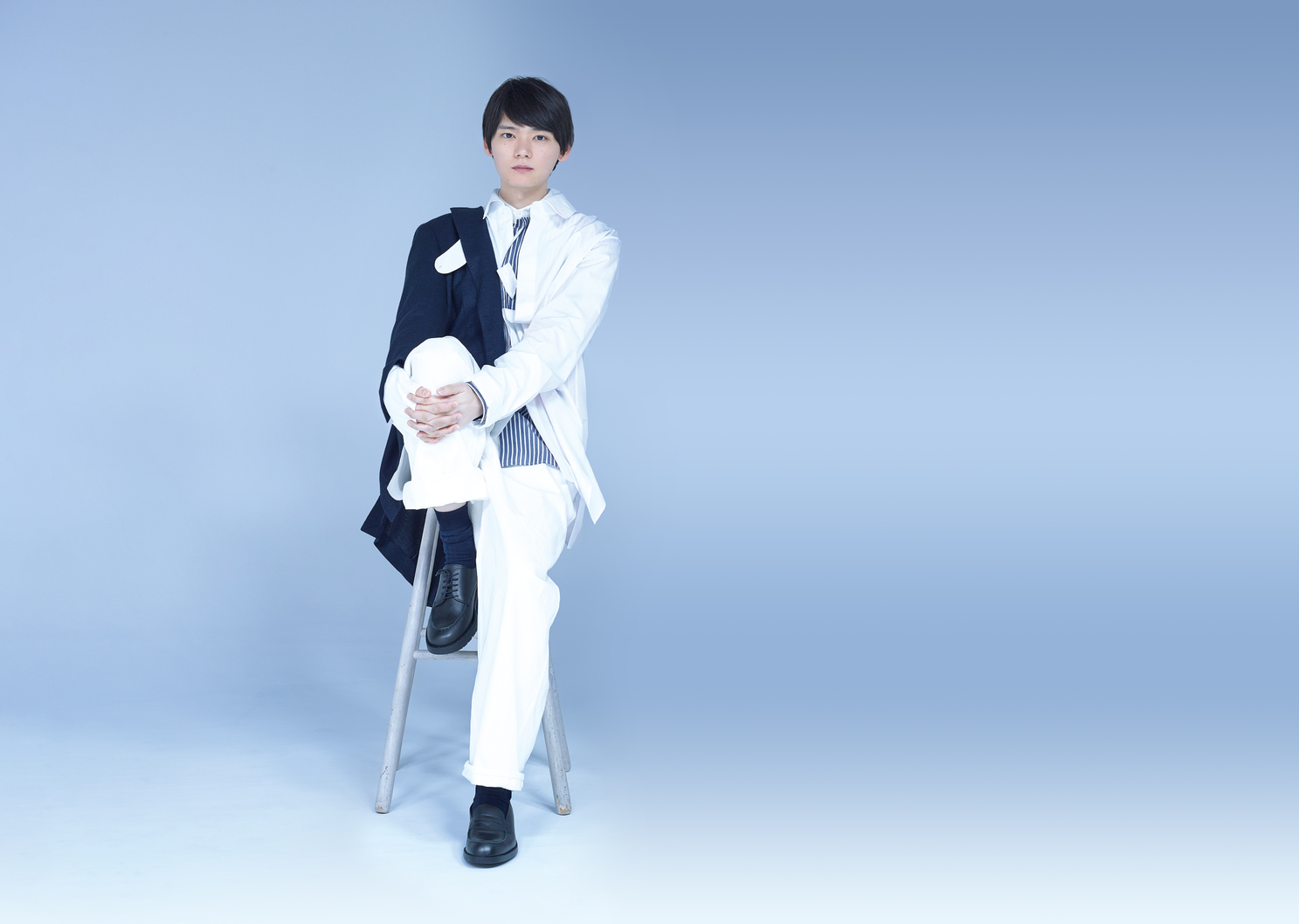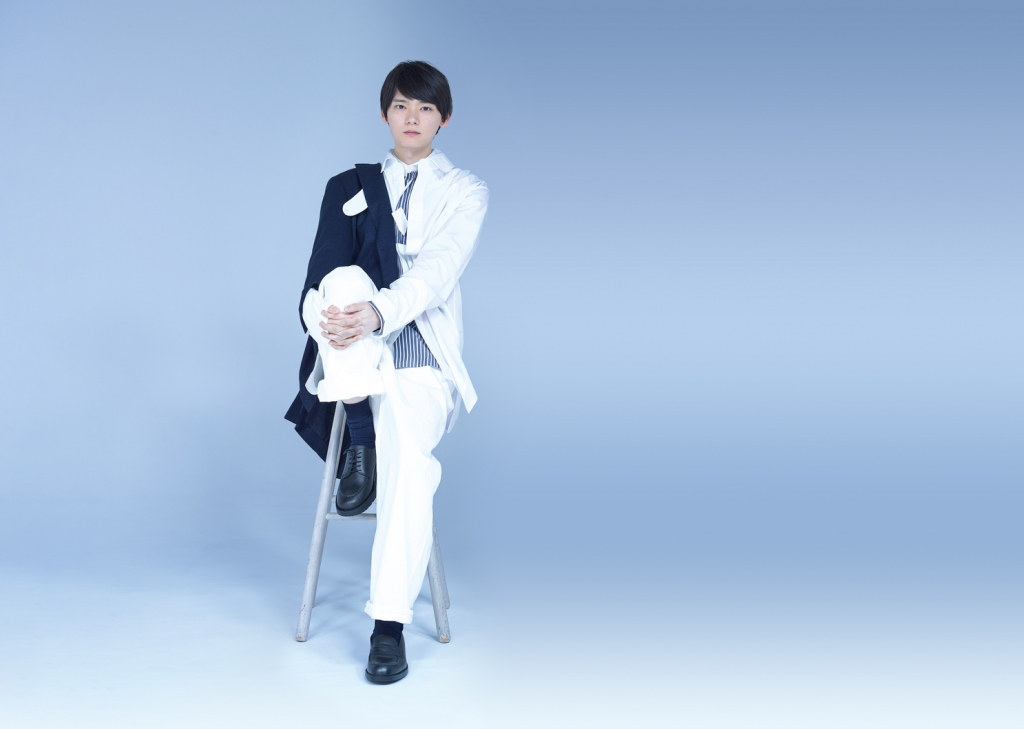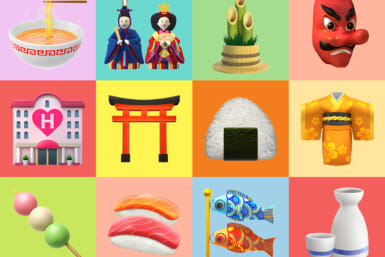When we first met Yuki Furukawa it was 2012 and the Keio University graduate was a fresh-faced actor still trying to make a name for himself. Fast forward seven years and he’s built significant star power, particularly in China where his fanbase on Sina Weibo has reached 3.3 million, the fifth highest amongst Japanese celebrities on the microblogging site.

Things started to pick up for the Tokyo native in 2013 after he played the lead role of Naoki Irie in Mischievous Kiss: Love in Tokyo, a TV series based on Kaoru Tada’s popular manga, Itazura na Kiss. He reprised the role for a second season the following year, winning a Best Couple award with co-star Honoka Yahagi (formerly known as Honoka Miki) at the 2015 DramaFever Awards. Since then, Furukawa’s career has steadily picked up speed.
His latest role sees him starring in the Yutaka Kuramochi-directed play, After the Quake, which is based on two of the short stories – Honey Pie and Super-Frog Saves Tokyo – from Haruki Murakami’s book of the same name. Set in February 1995, the month between the Great Hanshin Earthquake and the Tokyo sarin gas attack executed by Aum Shinrikyo cult members, the stories in the book focus on people who were caught up in the national aftershock of the quake, but not directly involved in it.
“I play the main character, Junpei, who some people feel Murakami has based on his younger self,” Furukawa tells TW. “He’s a novelist that can’t express his feelings well and is easily swayed by the opinions of others. I can be a bit like that so hopefully that will make him easier to play. It’s not necessarily that we are both shy, I don’t think I am anyway, it’s more that we struggle to communicate our thoughts clearly and have a tendency to build a wall around ourselves, not letting people in.”
“When I heard that the story was written by Murakami I was immediately intrigued”
“When I heard that the story was written by Murakami I was immediately intrigued as he is well-known throughout the world,” continues Furukawa. “That said, After the Quake was my first experience reading one of his books. On the surface it’s quite straightforward, however, he uses a lot of metaphorical language so people will no doubt interpret it in different ways. I’ve heard that’s often the case with his novels. Also, with this one, the characters often speak about themselves in the third person which makes for a somewhat complex script.”
As with many of Murakami’s stories, there is a love triangle. It involves Furukawa’s character, Junpei, who adores classmate Sayoko but hesitates to reveal his true feelings. Best friend Takatsuki subsequently swoops in and ends up marrying her. The play begins several years later with their marriage already over. Sayoko and Junpei are still close and she calls him over to read one of his tales to her daughter, Sala, who has been having nightmares after watching coverage of the earthquake. It’s one of the book’s several references to the disaster in the Hanshin region.
Furukawa was seven when the earthquake struck on February 16, 1995. Close to 6,500 people were killed, the majority in Kobe, the closest city to the epicentre. Living in Toronto at the time, Furukawa recalls seeing images of the devastation on the news but says it felt like something that was happening in a different world. At 16, he left Canada to study in America before returning to Japan in his late teens to major in engineering at Keio University. It was around that time that the acting bug bit, and in 2010 he was selected by talent agency HoriPro at their 50 Year Anniversary Actor Audition. He quickly made a strong impression with one of his earliest roles being a bilingual monk in Anjin: The Shogun and the English Samurai, a British-Japanese play that was shown in Tokyo and London.
Since the beginning of his career, the 31-year-old has relished the buzz of being on stage, but since it’s been three years since his last performance, we wonder if he’s feeling nervous about After the Quake. “The nerves tend to disappear when you’re on stage as you get in a kind of zone,” reveals Furukawa. “That said, leading up to the rehearsals, I am feeling a little anxious. It’s a group of people I haven’t worked with before, including co-star [former SKE48 and Nogizaka46 idol] Rena Matsui. There are a couple of very experienced theater actors involved as well. I just hope I’m good enough to share a stage with them. It’s completely different to appearing in a movie or drama. The way you move your body, speak the lines; it’s like night and day. On top of that, I think there’s a more intense and intimate atmosphere when doing plays as you generally come in and leave at the same time as everyone, whereas for TV, the schedules all vary.”
While preparing for After the Quake, Furukawa is also filming for the upcoming Wowow TV drama, Aku-no Hado, in which he will play the starring role of Masato Yaginuma. It’s a prequel to the original series, Ishi no Mayu, a mystery about a police department trying to catch a serial killer, played by Furukawa. In the second season, Suisho no Kodo, his character is under arrest. Aku-no Hado takes us back in time to learn about why he became a criminal.
“I’d never played a killer before. It’s an interesting escape from reality”
“It’s a real fun part,” says Furukawa. “I started out as one of the supporting cast members in the first season and am now the lead which is quite rare, but something I’m obviously really happy about. I believe Ishi no Mayu was the fourth most-watched drama on Wowow so we’re hopeful this series will be successful too. I’d never played a killer before. It’s an interesting escape from reality and as an actor I think it allows me more freedom.”
Due to his boyish looks, Furukawa is often cast in younger, more innocent roles – and it’s clear audiences enjoy him in these parts, too. It was after playing high school genius Naoki Irie in Mischievous Kiss: Love in Tokyo that his popularity in China soared. Shortly after that, in 2014, he starred in the web-drama, Mysterious Summer, a first-ever co-production between Japan and China. It was viewed more than 60 million times on the Chinese online video platform, iQiyi.
“As I don’t speak Chinese, it initially felt a bit weird to have a fanbase there,” admits Furukawa. “It was amazing going to China and witnessing the reaction. It made me realize that when it comes to entertainment, historical and political tensions don’t matter.”
Photos by Yasuhide Kuge









